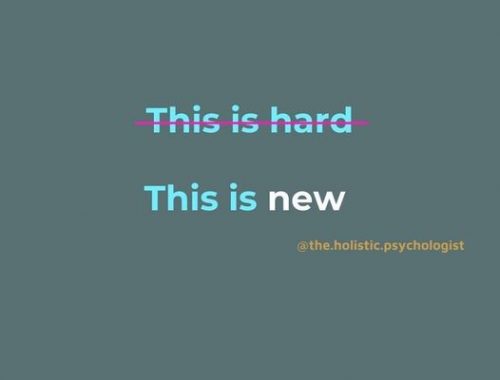Are we respected as communication professionals?
Last week, our intern Nikola asked me if communication professionals are respected in government. I paused before I responded because how do you tell someone just starting out in their career… no.
The fact that you have just studied for three years, that you will build years if not decades of experience, that you will fight and battle your way to be heard. It will not be enough.
Our profession is rarely respected. It’s the number one issue communicators raise with me in my role as a consultant and President of IABC Canberra. There is no simple answer, and no one I have spoken to has been able to pinpoint the problem. Why are accountants professionals? The HR industry is respected. And then there is comms.
In a recently released Gallagher State of the Sector survey of internal comms professionals, 13% said their biggest challenge was a lack of support from senior leaders and this was higher in smaller organisations. Only 43% said their organisational culture frequently allows them to have a say in what gets communicated and how! When we are the communications professionals in the organisation, are we not involved in deciding what gets communications AND HOW!
What I told Nikola was that it was up to all of us in the profession to change it. We are the ones that can influence the perception of our role in an organisation and our profession.
Here is what I told her:
- We need to understand the business –We can’t just understand communications. We need to actively link our work to the objectives and priorities of the organisation.
- We need to promote our work better – We are the worst at communicating what we do. Always too busy communicating other people’s priorities. We need to make the time to tell our success stories.
- We need to use data and analysis to underpin our decisions and prove our advice – Our work can be highly subjective, based on instinct and experience, but we know that if we look for it, we can also back it up with research and data. While communications is an art, we need to show it is also a science.
- We need to have the confidence to speak up – How many times have you sat in a meeting and not spoken up about the impact of a decision on the audience or the organisation’s reputation? The only way we will be taken seriously is if we are part of the decision-making process, that can only happen if we are part of the conversation.
- We need to advocate and fight for our profession – We don’t come together enough as a profession and advocate for ourselves. We share the same challenges and passion but don’t often band together to back ourselves.
- We need to demonstrate our value –Look around your team. Add up the salaries, the amount you spent on channel, software, tools, and your computers. You are a cost to the organisation, and we need to demonstrate our return on investment. That means consistently reporting outcomes, adding value not just delivery, and being proactive, not just reactive.
It is a challenging and, at times demoralising career. A survey of PR, marketing and comms professionals last year found that 1 in 2 have experienced severe stress, anxiety, or burnout in the last twelve months. We know that mental health and well-being is an issue in our profession. The State of Us, a mental health network for the communications industry in the UK, said this is because:
- Our work surrounds us everywhere we go, making it all but impossible to fully switch off
- Our work is highly subjective, so our sense of status, job security and achievement can feel intrinsically linked to the opinions and preferences of others
- Working for clients or internal stakeholders means we’re rarely in control of timings, deadlines, approval and expectations
Do you know what else I told Nikola last week? I love my job. I love being part of this profession. It’s amazing. You will have big wins that will outshine the bad days. You will have advocates that support you. You will do work that makes it all worthwhile. You will find a community of people just like you, who like to solve problems, drive for change, and be a little creative along the way.
I hope that Nikola and the others in her generation are the change we need in the industry. Those that drive change and are recognised as the professionals that they are.

